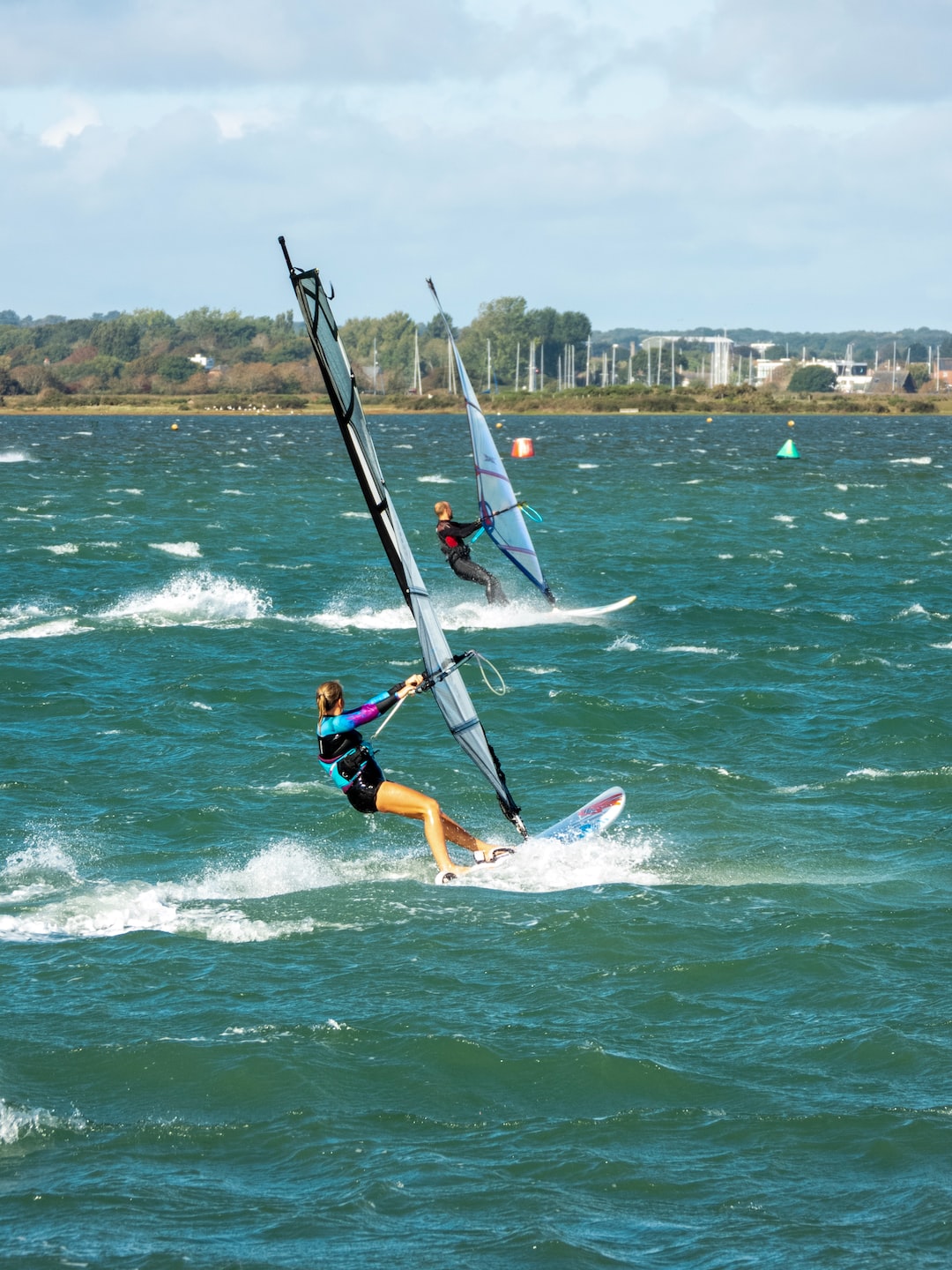Getting Hooked: A Beginner’s Guide to Fishing
Fishing is a popular outdoor activity that involves catching fish as a recreational pastime or as a means of sustenance. It not only provides a great opportunity to connect with nature but also allows one to relax and unwind. If you’re a beginner who wants to get hooked on fishing, this guide will provide you with all the essential information to get started.
1. Choose the Right Equipment
Before you head out to the waters, you need to invest in the right fishing equipment. Fishing rods, reels, lines, hooks, and baits are the basic tools you’ll need. Beginners can start with a simple spin casting or spinning rod, as they are easy to use and handle. Quality equipment ensures a smooth fishing experience, and while it may seem overwhelming at first, a little research will help you find the perfect gear for your needs and budget.
2. Understand the Different Techniques
There are various fishing techniques you can explore depending on your target species and the waters you’re fishing in. Some popular techniques include casting, trolling, fly fishing, and ice fishing. Casting involves throwing the fishing line and lure into the water, while trolling involves dragging the bait through the water behind a moving boat. Fly fishing uses a weighted line and artificial flies to lure fish, and ice fishing is done during winter months by drilling a hole in the frozen water. Each technique requires practice and skill, so be patient and persistent.
3. Know Your Local Laws and Regulations
Fishing laws and regulations vary from one location to another. To ensure you’re fishing legally and responsibly, familiarize yourself with the rules and restrictions of your area. Fishing licenses and permits are often required, and certain species may have specific catch limits or size restrictions. These regulations are in place to protect fish populations and maintain a healthy ecosystem. When fishing in a new area, reach out to local authorities or experienced anglers to get accurate and up-to-date information.
4. Learn About Different Fish Species
To increase your chances of success, gain some knowledge about the fish species found in the waters you’ll be fishing in. Understand their habits, habitats, and feeding patterns. This knowledge will help you choose the right bait, location, and time of day to maximize your catch. Investigate which fish are common in your area and do some research on their behavior and preferred habitats. The more you know about the fish, the better prepared you’ll be on your fishing trips.
5. Practice Casting and Reeling
Casting and reeling are fundamental skills that every angler should master. Practice your casting techniques in an open area away from water, such as your backyard or a local park. Start with short distances and gradually increase the distance as you gain confidence. Learning to cast accurately and smoothly will significantly improve your fishing experience. Similarly, practice reeling in the line smoothly to avoid tangles and ensure a secure hookset when a fish bites.
6. Be Prepared for the Outdoors
Fishing involves spending time in nature, so it’s essential to come prepared. Dress appropriately for the weather conditions and bring essentials like sunscreen, insect repellent, a hat, and sunglasses. A small first aid kit is always a good idea too, as you never know when a minor injury might occur. It’s also crucial to pack food, water, and any other necessary supplies, especially for longer fishing trips. Remember, being prepared will make your fishing experience safer and more enjoyable.
7. Enjoy the Journey
Fishing is not just about the catch; it’s about the entire experience. Take the time to appreciate the natural surroundings, soak in the peaceful atmosphere, and cherish every moment. Whether you’re fishing alone or with friends and family, fishing trips provide an opportunity to connect with loved ones and create lifelong memories. Don’t be too focused on catching the biggest fish; instead, enjoy the tranquility that fishing brings and the joy of being surrounded by nature.
Fishing can be a lifelong passion that continuously evolves as you improve your skills and encounter new challenges and experiences. Remember, every fishing trip is a learning experience, and the more time you spend on the waters, the more you’ll grow as an angler. So grab your gear, find a good fishing spot, and get hooked on this fantastic outdoor activity.

